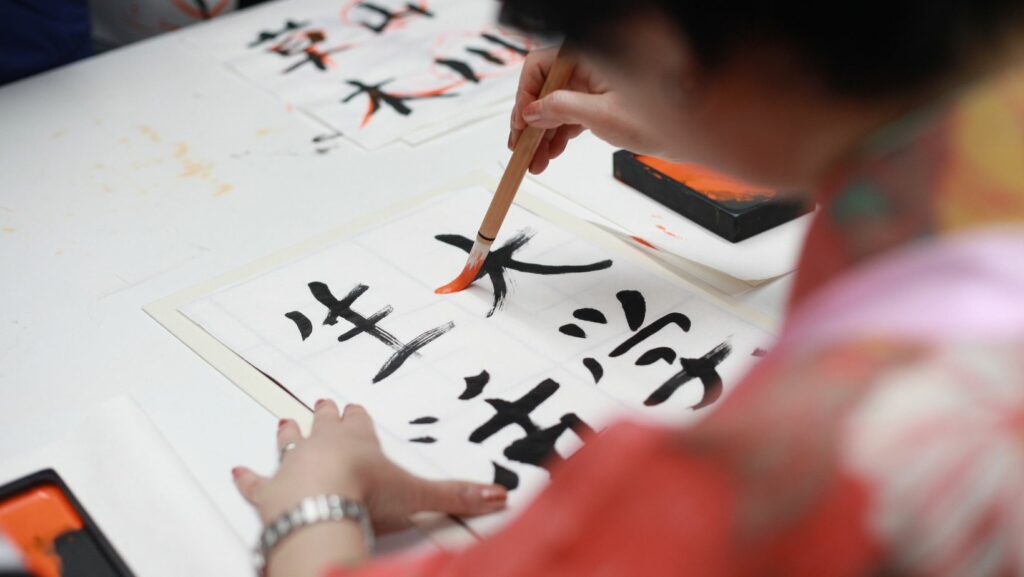
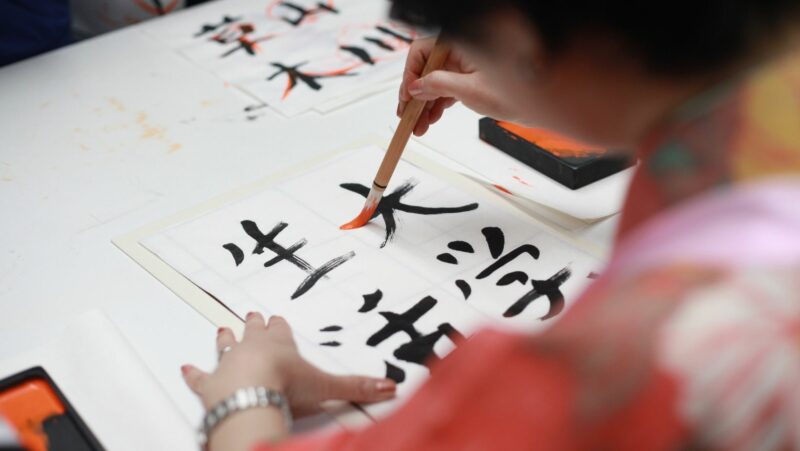
When it comes to expressing love in different languages, the phrase bahasa jepang aku cinta kamu stands out. This Indonesian phrase translates to “I love you” in Japanese, demonstrating the universal nature of such a powerful sentiment.
Understanding and using this phrase isn’t just about translation—it’s about immersing oneself in a rich blend of culture and emotion. It’s a bridge that connects two distinct languages, Indonesian and Japanese, through the universal language of love.
Whether you’re a language enthusiast, a romantic at heart, or someone looking to connect deeper with these cultures, bahasa jepang aku cinta kamu offers a fascinating starting point. Let’s delve into the beauty and significance of this phrase.
 This cross-cultural exchange encapsulates the essence of human connection beyond linguistic barriers. Delving into the beauty and significance of bahasa jepang aku cinta kamu, one uncovers not only the linguistic nuances but also the profound emotional resonance embedded within. It speaks to the universality of love, transcending geographical boundaries and cultural differences. Moreover, it highlights the importance of empathy and understanding in fostering meaningful relationships across diverse backgrounds.
This cross-cultural exchange encapsulates the essence of human connection beyond linguistic barriers. Delving into the beauty and significance of bahasa jepang aku cinta kamu, one uncovers not only the linguistic nuances but also the profound emotional resonance embedded within. It speaks to the universality of love, transcending geographical boundaries and cultural differences. Moreover, it highlights the importance of empathy and understanding in fostering meaningful relationships across diverse backgrounds.
Through exploring such phrases, we gain insight into the intricate tapestry of human emotions and the myriad ways in which we express affection. It’s a reminder that love, in its purest form, knows no bounds, serving as a testament to the inherent desire for connection that unites us all.
Bahasa Jepang Aku Cinta Kamu
Previously we discussed the cross-cultural charm and universal resonance of the phrase bahasa jepang aku cinta kamu. This phrase serves not only as a symbol of common emotions across different cultures, but also as a gateway to explore the rich and diverse nuances of the Japanese language and culture. Now, let’s delve deeper into the Importance of Learning Japanese, examining its cultural significance and impact on career advancement.
Cultural Significance
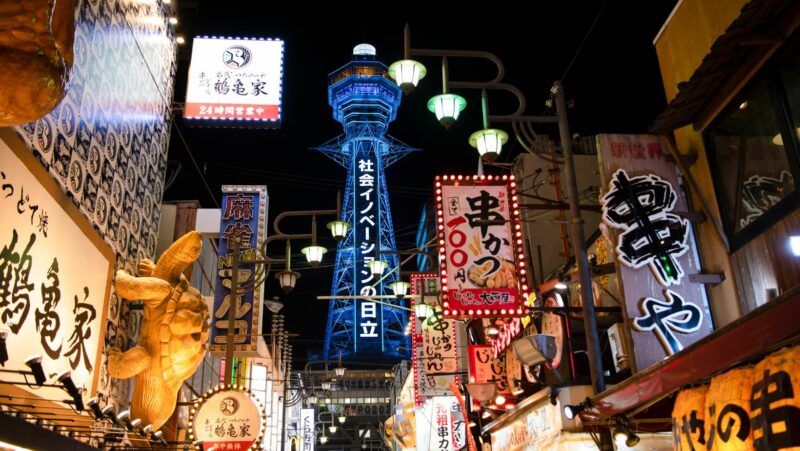 Japanese culture is a beautiful blend of history and modernity. One cannot fully appreciate it without learning the language. Oftentimes, translations don’t convey the intricacies of cultural expressions and wordplay. By learning Japanese, one opens the doors to understanding Japanese literature, cinema, cuisine, and folklore in their original splendor. This enhances one’s worldview, fostering an appreciation for cultural diversity.
Japanese culture is a beautiful blend of history and modernity. One cannot fully appreciate it without learning the language. Oftentimes, translations don’t convey the intricacies of cultural expressions and wordplay. By learning Japanese, one opens the doors to understanding Japanese literature, cinema, cuisine, and folklore in their original splendor. This enhances one’s worldview, fostering an appreciation for cultural diversity.
For the lovers of Japanese manga and anime, the satisfaction of watching these works untranslated is unmatched. Without the filter of translation, one gets to appreciate the clever language use and cultural references more intimately.
Career Advancement
On a professional front, learning Japanese also provides a significant boost. Japan’s robust economy and global influence make Japanese a strategic language in several fields including business, technology and tourism.
Here’s a quick look at the tangible benefits that proficiency in Japanese can offer:
| Benefits | Description |
|---|---|
| Business Opportunities | Japan is the third-largest economy in the world. Understanding the language facilitates business negotiations and alliances. |
| Job Prospects | Many Japanese companies prefer employees who can communicate effectively in their native language. Thus, proficiency in Japanese can give one an edge over the competition. |
| Networking | Being able to communicate in Japanese can foster stronger professional connections within the Japanese business community. Alternatively, it can aid relations with Japanese tourists in hospitality-related roles. |
 In a globalized world, multilingualism is a valuable tool. It widens one’s horizon and can be instrumental in professional growth. Beyond its immediate benefits, learning Japanese nurtures a sense of cultural respect, making one more open, adaptable, and receptive in a multicultural world.
In a globalized world, multilingualism is a valuable tool. It widens one’s horizon and can be instrumental in professional growth. Beyond its immediate benefits, learning Japanese nurtures a sense of cultural respect, making one more open, adaptable, and receptive in a multicultural world.
As we reach a pivotal point in this discourse, let’s venture into a critical examination of language immersion – a path many language enthusiasts embark upon to enrich their learning experience.
Tips for Learning Japanese
Navigating the Japanese language can be an exciting and enriching experience. With the right strategies, it’s possible to attain proficiency even for those who began with merely knowing phrases like bahasa jepang aku cinta kamu. Let’s dig into some useful tips that could guide this process of learning Japanese.
Enroll in Language Classes
Taking structured language classes is a great place to start your journey. This provides a foundation to understand basic grammar, vocabulary, pronunciation, and sentence structures. You’ll be under the guidance of experts who can provide constructive feedback and answer questions promptly. Not to mention, meeting other learners can keep motivation high and introduce variety in practice sessions. In the digital age, you’re not limited to physical classrooms. Numerous online platforms offer Japanese language courses, ranging from beginner to advanced levels.
Practice Writing and Speaking
 Being able to communicate effectively requires ongoing practice in both writing and speaking. Japanese scripts, including Kanji, Hiragana, and Katakana, each come with their unique sets of characters to master. Regular writing exercises will tighten grip over strokes, forms, and usage. Similarly, perfecting pronunciation and intonation can be achieved through consistent speaking practice. Regular conversation practice with native speakers or fellow learners is a valuable tool. Language exchange platforms are growing in popularity and can be a useful resource.
Being able to communicate effectively requires ongoing practice in both writing and speaking. Japanese scripts, including Kanji, Hiragana, and Katakana, each come with their unique sets of characters to master. Regular writing exercises will tighten grip over strokes, forms, and usage. Similarly, perfecting pronunciation and intonation can be achieved through consistent speaking practice. Regular conversation practice with native speakers or fellow learners is a valuable tool. Language exchange platforms are growing in popularity and can be a useful resource.
Immerse Yourself in Japanese Culture
Japanese language doesn’t exist in isolation but is intertwined with its rich culture. Therefore, it’s recommended to familiarize oneself with the various elements of Japanese culture. This could range from enjoying Japanese cinema, music, and literature to studying traditional folklore and customs. Immersion also extends to the use of language in real-world situations. Ordering at a Japanese restaurant, translating a Japanese song, or conversing with a local, all can reveal nuances that textbook learning might overlook. Immersion not only strengthens language skills but also fosters a deeper appreciation and understanding of Japanese culture.
As the journey with Japanese progresses, one can expect a much broader understanding than what bahasa jepang aku cinta kamu originally sparked. The multifaceted beauty of Japanese will continue to unfold through this journey, guiding learners towards cultural epiphanies and valuable language skills. The Japanese language journey, therefore, promises to be much more than a pedestrian ride.
Common Phrases in Japanese
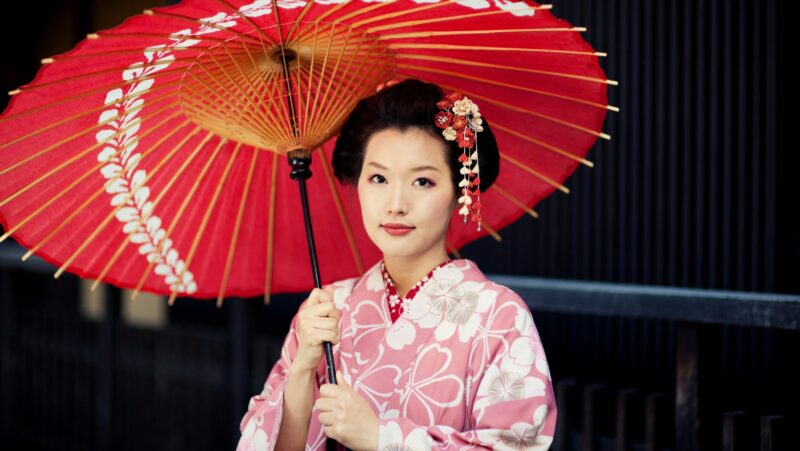 In one’s journey of learning Japanese, understanding and utilizing common phrases can act as a stepping stone to a deeper connection with the language and culture. We’ll be exploring some of these phrases under two subheadings: ‘Greetings’ and ‘Expressing Love and Affection’.
In one’s journey of learning Japanese, understanding and utilizing common phrases can act as a stepping stone to a deeper connection with the language and culture. We’ll be exploring some of these phrases under two subheadings: ‘Greetings’ and ‘Expressing Love and Affection’.
Greetings
Japanese culture places a high emphasis on respect and proper etiquette. As such, familiarizing oneself with the appropriate greetings is essential. For instance, saying hello in Japanese isn’t as straightforward as one might think. “Konnichiwa” (today) is generally acceptable, but the more formal “Ohayou Gozaimasu” (good morning) or “Konbanwa” (good evening) may be used depending on the time of day.
A respectful bow often accompanies these verbal greetings, reflecting the country’s values of humility and respect. A light nod for informal meetings, a deeper bow of about 30-45 degrees to show respect among equals, and a 45-60 degrees bow to show deep respect or apology.
Expressing Love and Affection
 As the Japanese phrase Bahasa Jepang aku cinta kamu implies, expressing love and affection is an important aspect of human interaction. “Aishiteru” is the direct translation of “I love you” in Japanese, while the softer “Suki desu” may be used amongst friends or in the early stages of a romantic relationship.
As the Japanese phrase Bahasa Jepang aku cinta kamu implies, expressing love and affection is an important aspect of human interaction. “Aishiteru” is the direct translation of “I love you” in Japanese, while the softer “Suki desu” may be used amongst friends or in the early stages of a romantic relationship.
However, the Japanese rarely use these expressions openly. Instead, they’ll often express love and affection indirectly, through actions and subtleties in their language. This could be as simple as asking if one has eaten yet, or as deep as sharing the sentiment of “Yoroshiku onegaishimasu”, which although difficult to translate directly, carries the meaning of “Please take care of me from here on out.”
Remember, understanding cultural nuance is just as important as learning the words themselves, especially in Japanese where societal norms and values shape the language. It’s more than mastering scripts and vocabulary; it’s about immersing oneself in the intricacies of Japanese culture.
Bahasa Jepang Aku Cinta Kamu – Deeper Connection With The Japanese Language And Culture
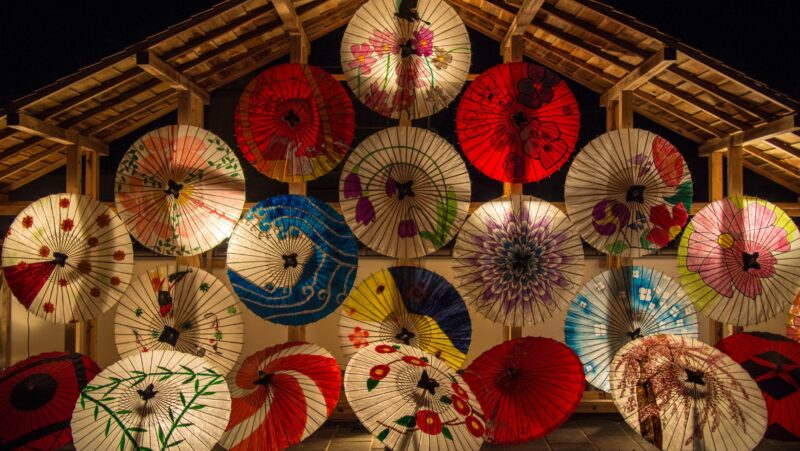 Mastering Japanese isn’t just about vocabulary and scripts. It’s a deep dive into a culturally rich and respectful society. From greetings to expressing love, every phrase carries weight and significance. Phrases like “Aishiteru” and “Suki desu” are more than just words, they’re a reflection of the indirect way emotions are conveyed in Japanese culture. Learning Japanese is a journey into understanding these cultural nuances, a journey that goes beyond language acquisition.
Mastering Japanese isn’t just about vocabulary and scripts. It’s a deep dive into a culturally rich and respectful society. From greetings to expressing love, every phrase carries weight and significance. Phrases like “Aishiteru” and “Suki desu” are more than just words, they’re a reflection of the indirect way emotions are conveyed in Japanese culture. Learning Japanese is a journey into understanding these cultural nuances, a journey that goes beyond language acquisition.
It’s an immersion in the intricate aspects of Japanese society. So, as you continue to explore and learn, remember that every phrase you utter is a step closer to a deeper connection with the Japanese language and culture.












